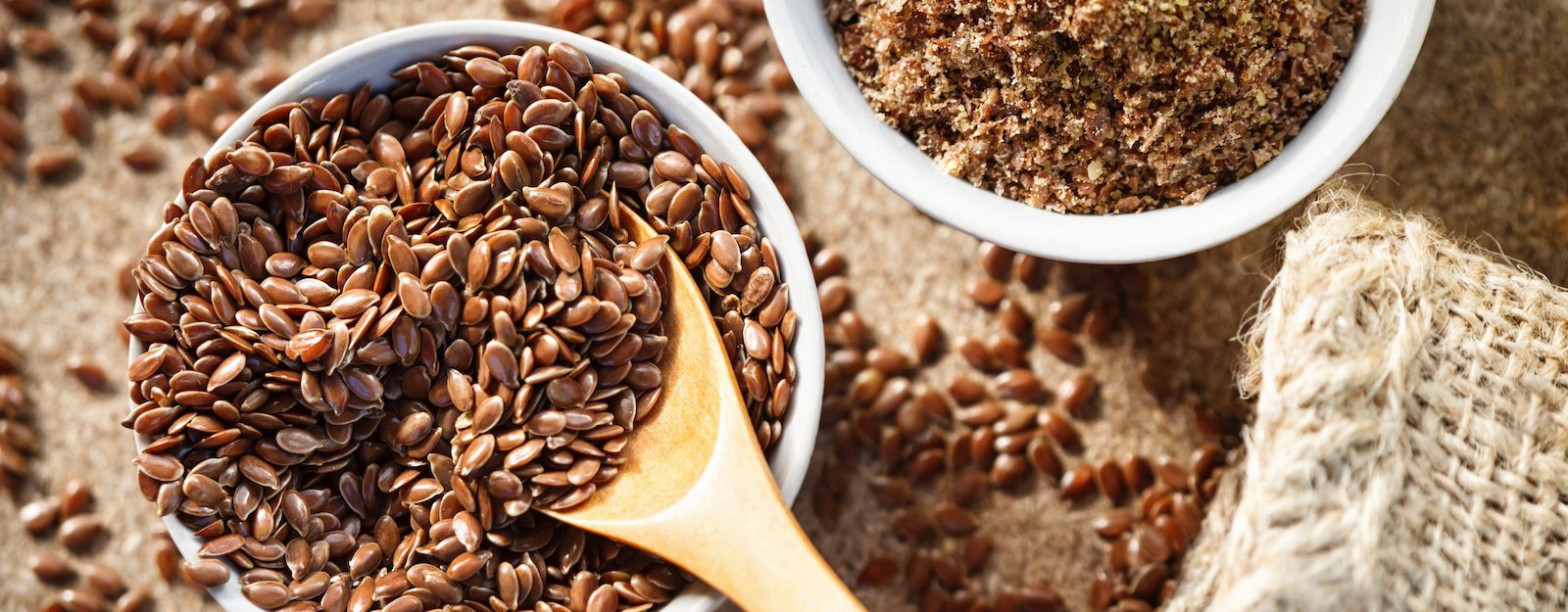Incorporating these nutrient-rich options into your diet can contribute to better heart health and help reduce the effects of high blood pressure, high cholesterol, and high blood sugars, which are all risk factors for cardiovascular disease.
1. Blueberries
Blueberries, rich in antioxidants, are a powerful ally in reducing oxidative stress, a key contributor to cardiovascular disease. Their anti-inflammatory properties not only aid in fighting plaque buildup in arteries but also contribute to maintaining healthy blood pressure levels, making them a delicious and heart-protective addition to your diet.
The Prescription: 1 cup of blueberries a day for 8 weeks has been shown to decrease systolic blood pressure and diastolic blood pressure by about 5% and 6%, respectively.
Recipe: Mango Melon Berry Chia Pudding
2. Beets
Incorporating beets, which are rich in nitrates, into your diet can contribute to lower blood pressure levels. Nitrates from these beets promote the production of nitric oxide, a vasodilator that helps relax blood vessels, enhancing blood flow and supporting cardiovascular health. Meta-analyses indicate that a 10 mm Hg decrease in systolic blood pressure correlates with a 20% lower risk of major cardiovascular events, 17% for coronary artery disease, 27% for stroke, 28% for heart failure, and 13% for all-cause mortality.
The Prescription: 1/3 cup of beetroot juice a day for 60 days has been shown to lower systolic and diastolic blood pressure by 10 mm Hg and 7 mm Hg, respectively.
Recipe: Grapefruit Arugula Beet Salad
3. Leafy Greens
Leafy green vegetables are also a great source of nitrates, which can help lower blood pressure. Lettuce, spinach, kale, and chard are some examples of leafy greens with high amounts of nitrates.
The Prescription: 1 cup of cooked spinach has been shown to decrease arterial stiffness by 7% and reduce systolic blood pressure by 4 mmHg within 7 days.
Recipe: Kale Potato Salad
4. Flaxseeds
Flaxseeds are a nutritional powerhouse known for their ability to reduce CVD risk. Rich in alpha-linolenic acid (ALA), a type of omega-3 fatty acid, flaxseeds contribute to lower blood pressure and reduced inflammation, supporting heart health. Additionally, their high fiber content aids in cholesterol management and blood sugar control. Fiber helps remove cholesterol from the body by binding to it in the digestive system, preventing its absorption and facilitating its excretion, ultimately contributing to lower cholesterol levels and improved heart health.
The Prescription: 1 tablespoon of ground flaxseed a day for 12 weeks has been shown to lower fasting blood glucose by 17% and lower LDL cholesterol by 20%. Other studies have shown 3 tablespoons a day to lower systolic and diastolic blood pressure by 10% and 8%, respectively.
Recipe: Watermelon Cocoa Bowl
5. Beans
Beans are an excellent source of dietary fiber, particularly soluble fiber, which plays a crucial role in lowering cholesterol levels and protecting against CVD. The soluble fiber in beans forms a gel-like substance in the digestive system, binding to cholesterol and aiding in its elimination from the body. Regular bean consumption is linked to improved lipid profiles. Daily bean consumption is a common dietary practice observed throughout longevity-promoting populations, as exemplified in the Blue Zones, communities with some of the longest-living people.
The Prescription: ½ – 1 cup of beans a day (black, navy, pinto, kidney, etc) has been shown to reduce total cholesterol levels by 3% – 5.5% and reduce LDL cholesterol by 3.8% – 8%, within one month.
Recipe: Tuscan White Bean Kale Soup

